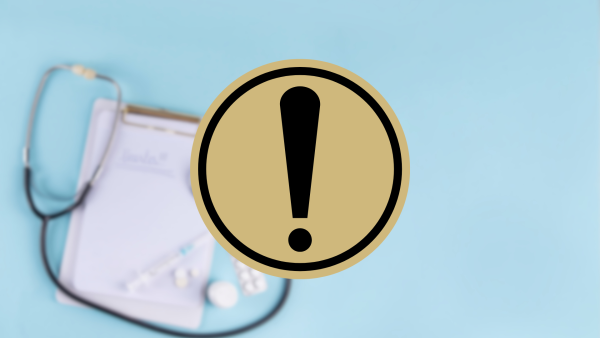
Student Affairs is actively monitoring the recent measles outbreaks across the United States.
While there is no outbreak on campus and the risk remains low, campus health officials are urging students, faculty, and staff members to verify their immunity.
The Centers for Disease Control and Prevention (CDC) report on April 7, 2025, confirmed two cases of measles in Colorado, one in Pueblo and one in Denver. The Denver and Pueblo Departments of Public Health and Environment are following up with all known contacts of the individuals, and the Colorado Department of Public Health and Environment (CDPHE) is closely monitoring cases in Texas and neighboring states.
Measles is highly contagious and typically begins with a fever, fatigue, cough, runny nose, and/or conjunctivitis, followed by a rash. Patients are considered contagious from four days before to four days after the rash appears. Transmission occurs through direct contact with infectious droplets or by airborne spread when a person with measles breathes, coughs, or sneezes. To learn more about measles, please visit the CDC website here.
Among the confirmed cases across the United States, 97% are either unvaccinated or have an unknown vaccination status. CU Denver has reviewed all student vaccination records and has communicated directly with students who do not have at least two Measles, Mumps, Rubella (MMR) vaccines confirmed on file with the Health Center at Auraria. These communications were sent to inform them of the risks and encourage them to provide their vaccination records as soon as possible.
The Colorado Department of Public Health and Environment and the Denver Department of Public Health and Environment states that individuals who are exposed to measles should immediately contact their medical providers and/or health department. People exposed to measles typically develop symptoms seven to 21 days after exposure.
Symptoms include:
- fever
- cough
- runny nose
- red eyes
- a characteristic rash that usually starts several days later on the face and spreads.
The MMR vaccine, given within 72 hours after exposure, can prevent infection. Unvaccinated individuals who may have been exposed should talk to their health care provider or local public health agency about promptly receiving the MMR vaccine.
If you are either partially immunized or not immunized for measles, please visit the CDC website and the CDPHE website to learn more so you can make informed decisions for yourself to avoid the risk of getting measles.
Immunizations and Testing Available on Campus
The Health Center at Auraria offers MMR vaccines, boosters, and titer tests for students, faculty, and staff members. Services are covered by many insurance plans and fully covered by Medicaid. For those paying out of pocket, the MMR vaccine costs $75 and the titer test is $66. Students who would like to get a vaccine for measles, or be tested for immunity, can reach out to the Health Center at Auraria at 303-615-9999.
If you are a student, faculty, or staff member who has medical care in the community, you can get more information from your nearest pharmacy or your primary care provider.
Other Resources
- CDC Measles Resource Hub
- Denver Public Health Institute Measles Info
- Colorado Department of Public Health & Environment Case Count
- CDPHE Vaccine Exemption Certificate
Kind regards,
Genia Herndon, EdD
Associate Vice Chancellor for Student Affairs
